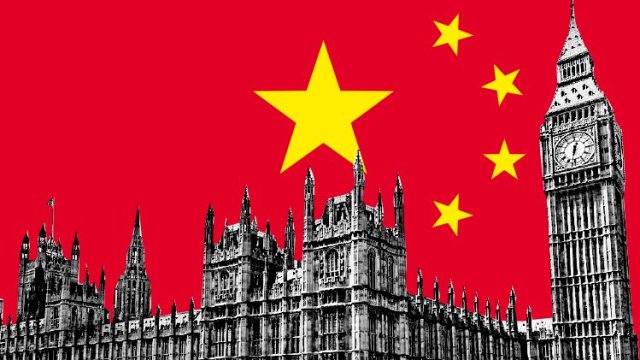UK economy could stagnate for two years due to inflation fight, new Bank of England deputy governor says

Britain faces two years of economic stagnation as a result of the battle against inflation, an incoming top Bank of England official has warned.
Wages are growing at a faster pace than previously expected, meaning a rise in both inflation and interest rates is considered likely next week.
Average pay is now outpacing inflation for the first time in more than a year, signalling a possible end to the squeeze on living standards – but the growth in wages may fuel inflation because workers will pump more money into the economy.
Sarah Breeden, the Bank’s incoming deputy governor for financial stability, said the UK was not on track for a recession despite the effect of repeated rate rises dampening economic demand.
However, she warned MPs on the Commons Treasury committee that the economy would remain sluggish, saying: “I would expect relatively flat GDP in the UK over the next couple of years, as the impact of past increases in bank rate increasingly push down on demand, and supply remains very weak.”
The strong wage growth will also push up the value of the state pension because of the triple lock on the state pension – meaning Jeremy Hunt must commit up to £2bn more to pay for it.
Including bonuses, wages grew by 8.5 per cent in the year to August even as unemployment rose slightly. The number of people off work long term because illness or disability increased again, in a blow to the Chancellor’s goal of easing labour shortages.
Experts suggested that the Bank of England was set to raise interest rates to 5.5 per cent next week in light of the updated data from the Office for National Statistics.
Charles Goodhart, a former member of the Bank’s monetary policy committee (MPC), which sets interest rates, said the data “increased the likelihood of another 0.25 percentage point increase”, while another ex-MPC member, Martin Weale, told i that an increase was “the most likely outcome” and that the wage increase data had made this more probable.
Mr Hunt said: “It’s heartening to see the number of employees on payroll is still close to record highs and that our unemployment rate remains below many of our international peers. Wage growth remains high, partly reflecting one-off payments to public sector workers, but for real wages to grow sustainably we must stick to our plan to halve inflation.”
The Chancellor is currently drawing up the Autumn Statement he will deliver on 22 November, but he is unlikely to make significant changes to the current tax and spending policy in light of persistently high inflation and weak growth.
Funding an 8.5 per cent rise in the state pension would cost £2bn compared to what was previously budgeted for, although the impact of this additional spending may be offset by stronger-than-expected tax revenues.







